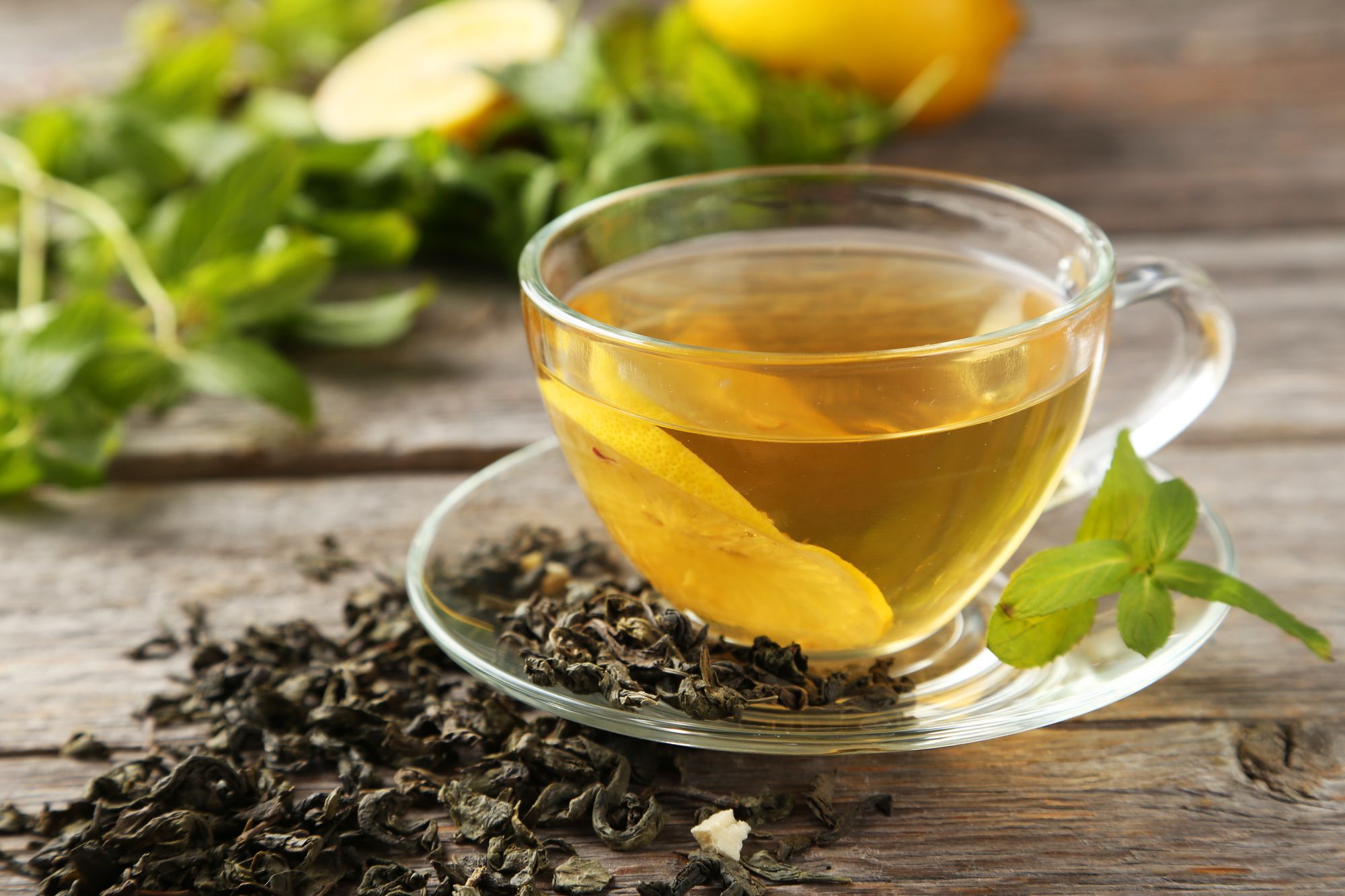Investing in our brain's health is crucial as we only have one brain. A sharp and agile mind that can grasp comprehension, retention, focus, and creativity is essential for longevity and happiness. However, taking care of oneself and managing health is vital for achieving this. Even dietary habits can age the brain, making it important to be mindful of what we eat and drink.
As we age, our brain undergoes natural changes. These changes can include brain shrinkage or loss of mass, alterations in white matter, and a reduction in neurotransmitter messages, leading to less dopamine, acetylcholine, serotonin, and norepinephrine action. These changes can result in mild memory loss, difficulty in learning new skills, and trouble multitasking. While some degree of brain aging is normal, more severe age-related neurological shifts can indicate a more severe health condition like dementia or Alzheimer's disease.
Several factors can impact how quickly our brain ages, with diet being a major factor. In fact, certain drinking habits can accelerate brain aging. From consuming excessive alcohol to neglecting water intake and opting for sugar-laden drinks, several drinking habits can age the brain more rapidly than necessary.
1) Skipping Out on Green Tea

Although not drinking green tea doesn't accelerate brain aging, incorporating green tea into your routine can benefit your aging brain significantly.
Studies have shown that consuming green tea is linked to a lower risk of cognitive impairment in middle-aged and older adults. It has been shown to enhance memory, attention, and overall brain function. Therefore, while not drinking green tea won't harm your brain, it does mean missing out on the cognitive advantages that come with it.
2) Drinking to Get Intoxicated
Alcohol consumption can provide a quick way to feel more comfortable and social in a new environment. However, overindulging in alcohol to ease social anxiety may lead to intoxication, which can cause brain cell damage due to the toxic buildup of alcohol, warns Dr. William Li, CEO, President, and Medical Director of the Angiogenesis Foundation.
Drinking excessively to become drunk can kill brain neurons rapidly, causing brain damage, Dr. Li explains. Although the brain can repair itself in the short term, repeated excessive drinking can cause neuroinflammation, leading to cognitive impairment and personality changes. Furthermore, the toxic effects of alcohol can harm other organs such as the liver and heart.
Instead of excessive drinking, consider a moderate amount of red wine, such as one glass, to promote calmness and relaxation without harming your brain.
3) Drinking Beverages High in Sugar

While the brain requires glucose, also known as sugar, for proper functioning, excessive sugar intake can be detrimental, warns Tara Tomaino, RD, the Nutrition Director of The Park.
Tomaino explains that numerous studies have linked high sugar consumption to cognitive impairment, which is a particular concern for those with diabetes. This is because the disease can cause a narrowing of blood vessels that decreases blood flow to the brain.
Although eliminating sugar altogether may be challenging, Tomaino suggests taking small steps to reduce your intake. This includes replacing sweetened beverages like sodas, juices, teas, and slushies with unsweetened options. Additionally, diluting sweet drinks with water or gradually reducing the amount of added sugar can help reduce sugar intake.
Tomaino reassures that taste buds can adjust over time to consuming less sugar, so don't worry about missing out on sweetness.
4) Not Drinking Enough Water

Insufficient fluid intake or dehydration can accelerate brain aging, according to Amy Goodson, MS, RD, CSSD, LD, author of the Sports Nutrition Playbook and a member of our Expert Medical Board.
Goodson emphasizes that dehydration can cause fatigue and sluggishness, leading to reduced mental alertness. Therefore, consuming adequate water and fluids throughout the day can help keep the mind sharp. In addition, dehydration can impair mental acuity and decrease cognitive function, which makes drinking enough water and fluids vital for proper brain functioning.
5) Drinking a Glass or Two Each Night
Indulging in a tall glass of pinot while streaming your favorite Netflix show may be enjoyable, but it could harm your memory and mind, reveals research from the Nature Scientific Reports. The study involved MRI scans of 353 participants, which revealed that consuming moderate amounts of alcohol—less than three drinks daily for females and four drinks or less daily for males—was linked to smaller brain volume.
To limit alcohol intake, Karen Raden, MS, RD, CCN, LDN, an integrative nutritionist at Raden Wellness, suggests replacing the alcoholic beverage with a non-alcoholic drink served in a wine glass to maintain the ritual without the negative effects.
"This approach focuses on the psychological aspect of drinking, specifically the ritual of drinking, rather than the need to drink," explains Raden.
6) Drinking by Yourself

Although occasional solitary drinking is acceptable, frequent solo drinking may indicate overconsumption and addiction, according to Dr. William Li, CEO, President, and Medical Director of the Angiogenesis Foundation.
Dr. Li cautions that excessive drinking can cause neurological disorders, liver disease, and other physical and mental health problems. Alcohol addiction can also lead to premature brain aging and cognitive disorders. Instead, he recommends saving alcohol consumption for social situations where you can monitor and support each other.
"If you want to enjoy a drink, save it for social events or celebrations when you're with company," he advises.
If you find yourself frequently drinking alone, constantly thinking about alcohol, or regularly seeking alcohol, it may be time to seek help from a support group or rehabilitation center.
7) Drinking a Lot of Caffeine

Moderate caffeine intake can aid in preventing cognitive decline, reducing the risk of Alzheimer's disease and Parkinson's disease, and enhancing mood and focus, according to Lisa Young, Ph.D., RDN, author of Finally Full, Finally Slim and a member of our medical expert advisory board. However, as with most things, moderation is crucial, and excessive caffeine consumption may lead to sleep disturbances, resulting in accelerated cell aging.
Overconsumption of caffeine may also have adverse effects on the brain. A study found that consuming over six cups of coffee daily increased the risk of dementia. Therefore, it's essential to keep caffeine intake within moderate limits for brain health.
8) Drinking Alcohol on an Empty Stomach
Drinking alcohol on an empty stomach can result in rapid absorption into the bloodstream and potentially build up in the brain in as little as five to 10 minutes after taking a sip, according to Dr. William Li, CEO, President, and Medical Director of the Angiogenesis Foundation.
Dr. Li explains that while each person metabolizes alcohol differently, consuming food with alcohol slows down absorption in the stomach. Food also helps to dilute alcohol levels, preventing the rapid build-up of high levels in the bloodstream and brain with each drink.
To avoid consuming alcohol on an empty stomach, pair your beverage with protein, fiber, and healthy fats, which work to slow alcohol absorption. Foods like oily fish containing omega-3 fatty acids can also aid in reducing inflammation in the body, adds Dr. Li.

